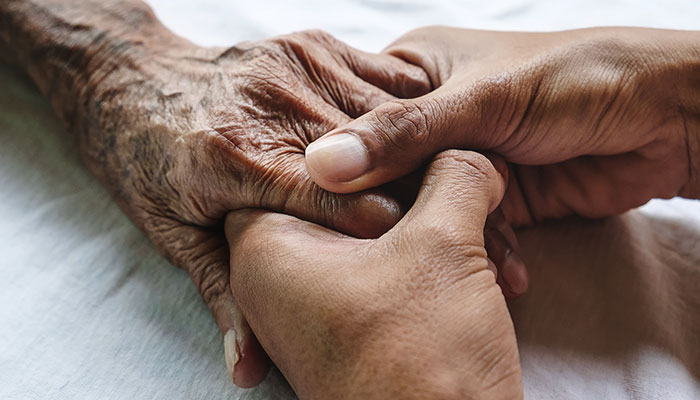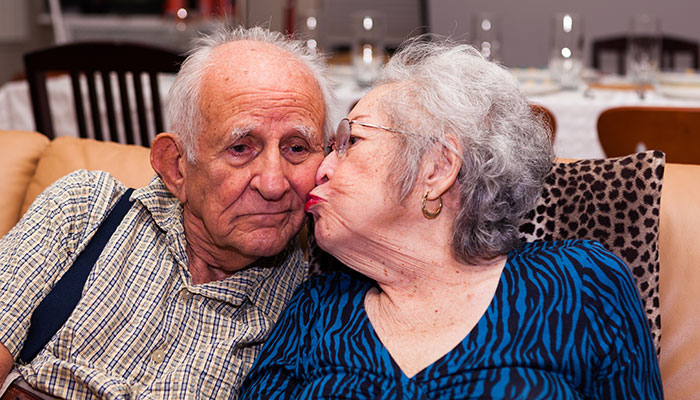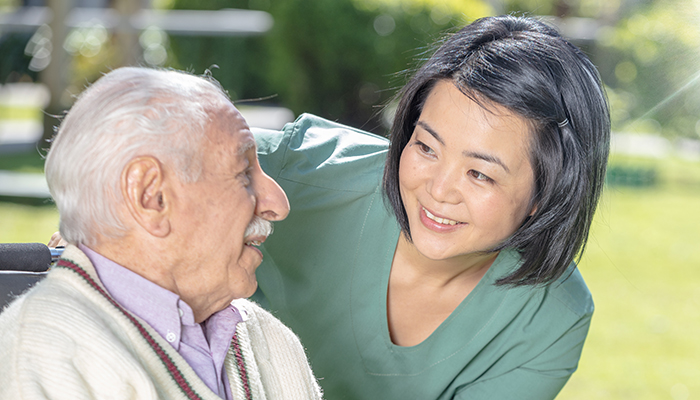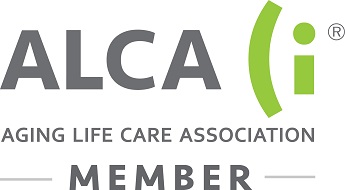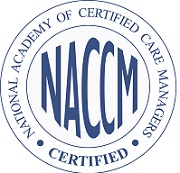
We all know the classic heart attack portrayed over and over again in movies and on TV: Someone writhing in sudden, severe chest pain.
But many heart attacks aren’t like that at all. Instead, they start slowly, typically with some mild, on/off pain or tightness in the chest. These signs are so much less dramatic than what people expect, they too often are ignored. The result, sadly, is often fatal when in fact a prompt response could have saved a loved one’s life.


